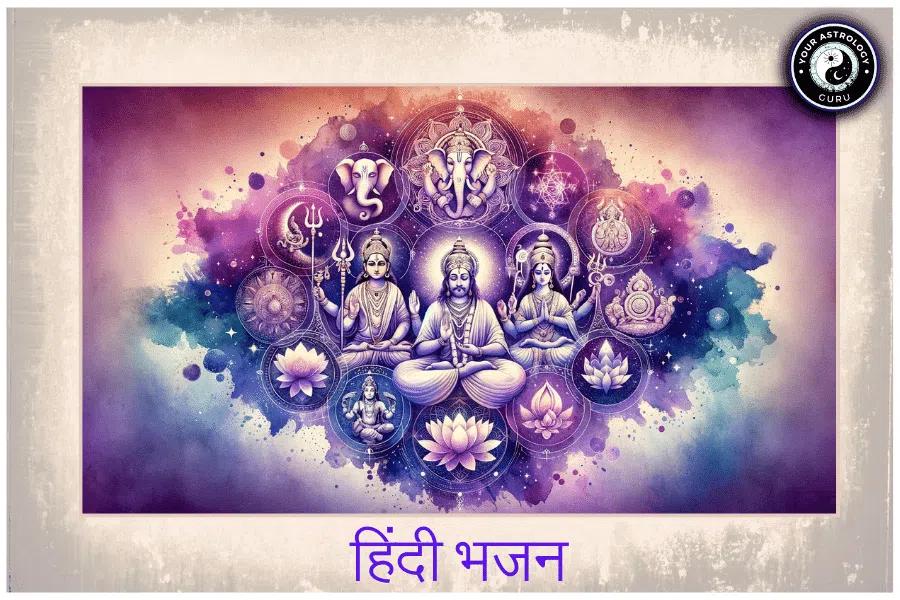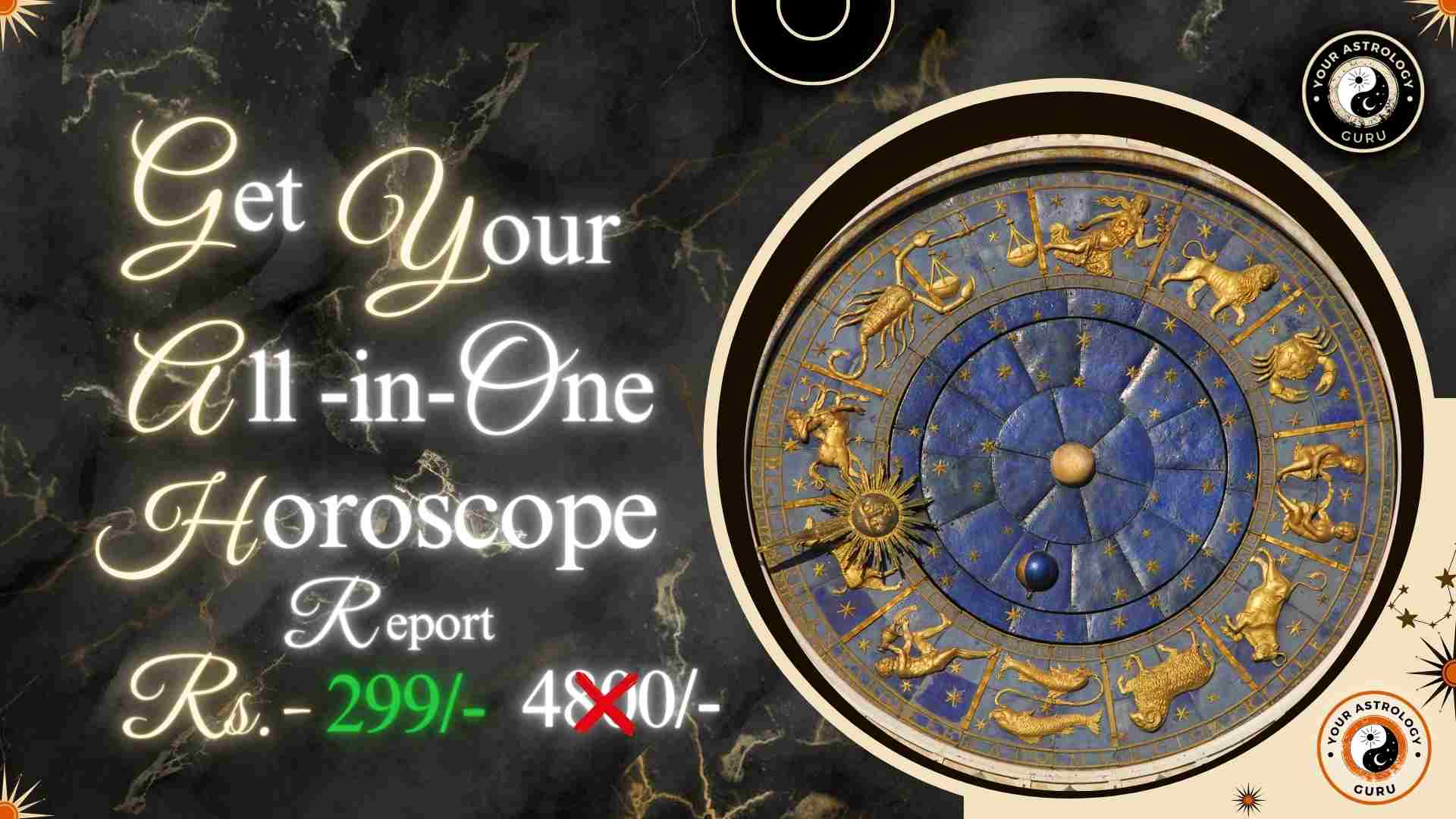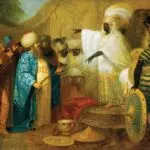Vedic astrology, also known as Jyotish, is an ancient system of astrology that originated in India thousands of years ago. It is based on the belief that the positions of the planets at the time of a person’s birth can reveal valuable information about their personality, life path, and destiny. Vedic astrology differs from Western astrology in several ways, including the use of different zodiac signs and planetary rulerships.
Natal chart reading is a fundamental aspect of Vedic astrology. A natal chart, also known as a birth chart or horoscope, is a map of the sky at the exact moment and location of a person’s birth. It shows the positions of the planets, as well as other astrological factors such as the Ascendant (rising sign) and the houses. By analyzing these placements and their relationships to each other, an astrologer can gain insights into a person’s character traits, strengths and weaknesses, and potential life experiences.
Table of Contents
The Basics of Vedic Natal Chart Reading
In Vedic astrology, there are 12 zodiac signs, each with its own unique characteristics and ruling planet. These signs are Aries, Taurus, Gemini, Cancer, Leo, Virgo, Libra, Scorpio, Sagittarius, Capricorn, Aquarius, and Pisces. Each sign is associated with specific qualities and elements that influence a person’s personality and behavior.
The nine planets in Vedic astrology are Sun (Surya), Moon (Chandra), Mars (Mangal), Mercury (Budha), Jupiter (Guru), Venus (Shukra), Saturn (Shani), Rahu (North Node of the Moon), and Ketu (South Node of the Moon). These planets have different significations and influences on various aspects of life. For example, the Sun represents one’s ego, vitality, and leadership abilities, while the Moon represents emotions, intuition, and nurturing qualities.
To read a Vedic natal chart, an astrologer examines the positions of the planets in the different zodiac signs and houses. The zodiac signs indicate the general characteristics and tendencies of a person, while the houses represent specific areas of life such as career, relationships, and health. The aspects formed between the planets also play a significant role in determining a person’s strengths, challenges, and potential life experiences.
How Vedic Astrology Can Help You Understand Your Destiny
In Vedic astrology, karma is a central concept that plays a crucial role in understanding one’s destiny. Karma refers to the law of cause and effect, where our actions in past lives and the present determine our future experiences. By analyzing a person’s natal chart, Vedic astrology can provide insights into their karmic patterns and lessons they need to learn in this lifetime.
Vedic astrology can help individuals understand their life purpose and path. By examining the planetary placements in a natal chart, an astrologer can identify the areas of life where a person is likely to excel or face challenges. This knowledge can guide individuals in making informed decisions about their career, relationships, and personal growth.
Understanding one’s destiny through Vedic astrology has several benefits. It can provide clarity and direction in life, helping individuals make choices that align with their true nature and purpose. It can also offer validation and reassurance during challenging times, as individuals gain insight into the larger cosmic forces at play in their lives.
The Importance of Planetary Positions and Their Influence on Your Life
The positions of the planets in a natal chart have a significant influence on various aspects of life. Each planet represents different qualities and energies that shape a person’s personality and experiences.
For example, if Mars is prominently placed in a person’s chart, they may possess strong leadership abilities, assertiveness, and a competitive nature. However, if Mars is afflicted or poorly placed, it can manifest as aggression, impulsiveness, or conflicts in relationships.
Interpreting the planetary positions in a natal chart involves considering their sign placements, aspects to other planets, and their strength or weakness in the chart. An astrologer will analyze these factors to gain insights into a person’s strengths, challenges, and potential life experiences.
In Vedic astrology, there are also planetary periods known as dashas that further influence a person’s life. Each planet has a specific period of time assigned to it, during which its energy becomes more prominent. These dashas can have a significant impact on various areas of life, such as career, relationships, and personal growth.
The Significance of Houses and Their Role in Your Natal Chart
In Vedic astrology, the natal chart is divided into 12 houses, each representing different areas of life. The houses provide valuable information about a person’s experiences and potential outcomes in various aspects of life.
The first house, also known as the Ascendant or Lagna, represents the self and one’s physical appearance. It reveals important information about a person’s personality traits and overall approach to life.
The second house represents wealth, possessions, and family. It provides insights into a person’s financial situation and their relationship with money.
The third house represents communication, siblings, and short-distance travel. It reveals information about a person’s communication style and their relationship with siblings.
The fourth house represents home, family, and emotional well-being. It provides insights into a person’s upbringing, relationship with their parents, and their sense of security.
The fifth house represents creativity, romance, and children. It reveals information about a person’s creative talents, romantic relationships, and potential for having children.
The sixth house represents health, work, and service. It provides insights into a person’s physical well-being, work environment, and their approach to service and helping others.
The seventh house represents partnerships, marriage, and business relationships. It reveals information about a person’s approach to relationships, their compatibility with others, and their potential for successful partnerships.
The eighth house represents transformation, secrets, and inheritance. It provides insights into a person’s ability to handle change, their relationship with power and control, and their potential for receiving inheritances or other forms of shared resources.
The ninth house represents spirituality, higher education, and long-distance travel. It reveals information about a person’s beliefs, their interest in philosophy or religion, and their potential for spiritual growth.
The tenth house represents career, reputation, and public image. It provides insights into a person’s professional aspirations, their relationship with authority figures, and their potential for success in their chosen field.
The eleventh house represents friendships, social networks, and goals. It reveals information about a person’s social circle, their ability to form meaningful connections with others, and their potential for achieving their goals.
The twelfth house represents spirituality, isolation, and hidden enemies. It provides insights into a person’s spiritual practices or inclinations, their relationship with solitude or isolation, and their potential for encountering hidden obstacles or enemies.
The Role of Ascendant in Determining Your Life Path
The Ascendant, also known as the rising sign or Lagna, is one of the most important factors in a natal chart. It represents the sign that was rising on the eastern horizon at the time of a person’s birth. The Ascendant has a significant influence on a person’s physical appearance, personality traits, and overall life path.
Interpreting the Ascendant involves considering its sign placement, any planets in or aspecting the Ascendant, and its relationship with other planets in the chart. The Ascendant sets the tone for the entire chart and provides valuable information about a person’s approach to life and their overall life path.
For example, if a person has Aries rising, they may possess qualities such as independence, assertiveness, and a pioneering spirit. They may be inclined towards leadership roles and have a strong desire for personal freedom. On the other hand, if a person has Cancer rising, they may possess qualities such as sensitivity, nurturing abilities, and a strong connection to their home and family. They may be inclined towards careers that involve caring for others or working in a supportive role.
The Ascendant also determines the placement of the other houses in the chart. For example, if Aries is the Ascendant, then Taurus will be the second house, Gemini will be the third house, and so on. This information is crucial for understanding how the different areas of life are influenced by the Ascendant and its ruling planet.
Understanding the Impact of Transits on Your Natal Chart
Transits are another important aspect of Vedic astrology that can provide valuable insights into a person’s life experiences. Transits refer to the current positions of the planets in relation to a person’s natal chart.
When a planet transits a particular sign or house in a person’s chart, it can activate certain energies or themes associated with that sign or house. For example, if Jupiter is transiting through the seventh house of partnerships, it can bring opportunities for growth and expansion in relationships.
Interpreting transits involves considering the sign and house placements of the transiting planets, as well as any aspects they form with planets in the natal chart. These transits can have a significant impact on various areas of life, such as career, relationships, and personal growth.
For example, if Saturn is transiting through the tenth house of career, it can bring challenges and obstacles in one’s professional life. However, it can also provide opportunities for growth and learning, as individuals are forced to confront their limitations and make necessary changes.
Understanding the impact of transits on a natal chart can help individuals navigate through different phases of life and make the most of the opportunities and challenges that come their way.
Exploring Your Past Lives through Vedic Natal Chart Reading
Vedic astrology believes in the concept of reincarnation, where the soul takes multiple births to learn and evolve. Past life karma refers to the actions and experiences from previous lifetimes that influence a person’s current life.
By analyzing a person’s natal chart, Vedic astrology can provide insights into their past life karma and the lessons they need to learn in this lifetime. Certain planetary placements or aspects can indicate unresolved issues or karmic patterns that need to be addressed.
For example, if a person has Ketu (South Node of the Moon) in the seventh house of partnerships, it may indicate unresolved relationship issues from past lives. This placement suggests that the person needs to learn lessons related to balance, compromise, and cooperation in their current relationships.
Exploring past life karma through Vedic astrology can help individuals gain a deeper understanding of their current life challenges and patterns. It can also provide guidance on how to heal and resolve these issues in order to move forward on their spiritual path.
Vedic Remedies to Overcome Negative Planetary Influences
Vedic astrology offers various remedies to mitigate the negative influences of planets in a person’s chart. These remedies are based on ancient Vedic texts and rituals that have been practiced for centuries.
Some common remedies include wearing gemstones associated with specific planets, performing specific rituals or prayers, chanting mantras, or observing fasting on certain days of the week. These remedies are believed to balance the energies of the planets and bring positive changes in a person’s life.
Choosing the right remedy for a specific planetary influence involves consulting with an expert Vedic astrologer. They will analyze a person’s natal chart and recommend the most appropriate remedies based on their unique planetary placements and challenges.
Vedic remedies can be highly effective in improving various areas of life, such as health, relationships, and career. They provide individuals with a proactive approach to addressing the challenges and imbalances indicated in their natal chart.
How to Choose an Expert Vedic Astrologer for Natal Chart Reading
Choosing an expert Vedic astrologer is crucial for obtaining accurate and insightful natal chart readings. Here are some tips to help you find the right astrologer:
1. Research their qualifications and experience: Look for an astrologer who has a solid background in Vedic astrology and has been practicing for a significant amount of time. Check if they have any certifications or affiliations with reputable astrology organizations.
2. Read client testimonials: Look for reviews or testimonials from previous clients to get an idea of the astrologer’s accuracy and professionalism. Positive feedback from satisfied clients is a good indication of their expertise.
3. Seek recommendations: Ask friends, family, or colleagues if they have worked with any Vedic astrologers and if they can recommend someone they trust. Personal recommendations can be valuable in finding a reliable astrologer.
4. Consultation process: Inquire about the astrologer’s consultation process and what information they require from you. A good astrologer will ask for your birth details, such as date, time, and place of birth, in order to accurately analyze your natal chart.
5. Trust your intuition: Ultimately, trust your intuition when choosing an astrologer. If you feel a connection or resonance with their approach and energy, it is likely that they will provide you with valuable insights and guidance.
Working with an expert Vedic astrologer can be a transformative experience that helps you gain clarity, direction, and empowerment in your life.
Embracing the Power of Vedic Natal Chart Reading for a Better Life
Vedic natal chart reading offers a profound and insightful way to understand your destiny and life path. By analyzing the positions of the planets, houses, and other astrological factors in your natal chart, Vedic astrology can provide valuable insights into your personality, strengths, challenges, and potential life experiences.
Understanding your destiny through Vedic astrology can help you make informed decisions, align with your true nature and purpose, and navigate through different phases of life with clarity and confidence. It can also provide validation and reassurance during challenging times, as you gain insight into the larger cosmic forces at play in your life.
Embracing the power of Vedic astrology can be a transformative journey that leads to self-discovery, personal growth, and spiritual evolution. By working with an expert Vedic astrologer and utilizing the wisdom of this ancient system, you can unlock the hidden potentials within yourself and create a better life for yourself and those around you.















